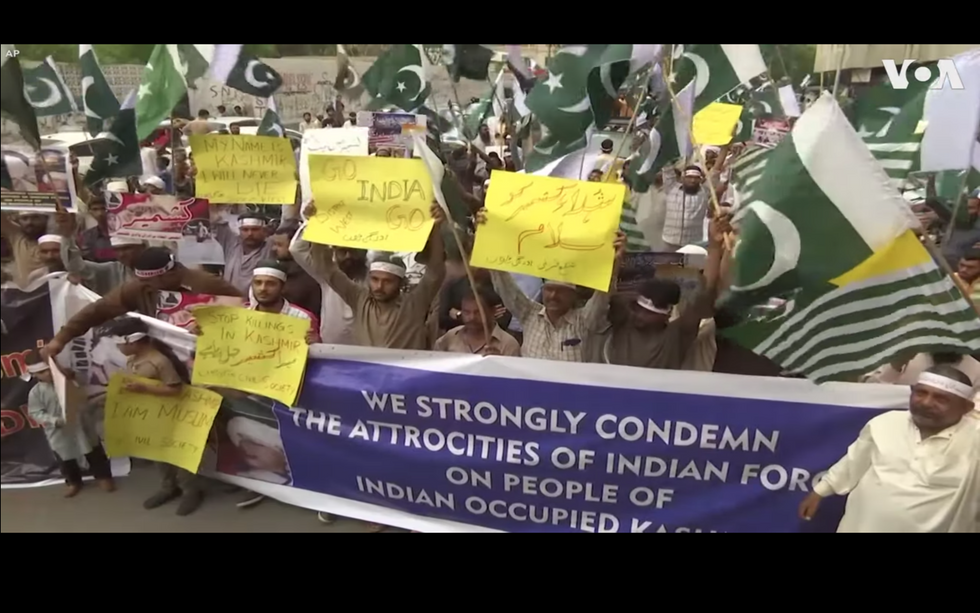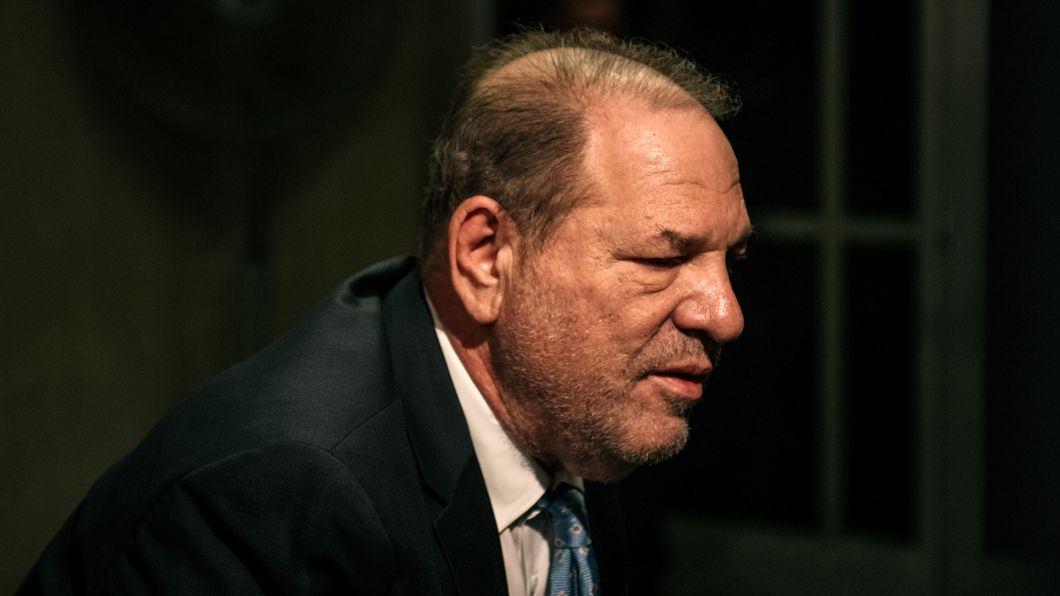For several decades, the region located at the northern tip of India, known as Jammu and Kashmir, has been in dispute. India and Pakistan are the two primary countries in conflict, but China also plays a role. India controls about 55% of the territory, Pakistan controls about 30%, and China controls 15% (Thomson Learning EMEA). India and Pakistan especially have always been at crossroads in this issue and both seek to claim total control over Kashmir.
As an ultimate result of a series of Indo-Pakistani wars starting all the way from 1947 when the countries gained their independence from Great Britain and going into 1972, the Simla Agreement partly eased the Kashmir conflict by formally establishing the "Line of Control". This is a military line that marks the boundary between the two countries in Kashmir, though it is not a legal international border.
Since then, there has been constant violence and unrest among the people of Kashmir. The region has been a victim of human rights abuse, terrorist attacks, separatist rebellions, etc. There are also groups of separatists (or freedom fighters) in Kashmir, some of which want to be completely independent and some who want to be a part of Pakistan and avoid Indian rule. Ongoing dispute among these groups on top of the Indian and Pakistani governments have contributed to the overall unrest of the region.
Apart from the significant protests and attacks in 1989, 2010, and 2016, recently there have been several events that have escalated conflict.
The most devastating of these particular events occurred on Aug 6, 2019 - India decided to revoke Article 370. Now what exactly is the significance of Article 370? Well, there is actually so much to this article. It gave the region its own constitution, ability to self-govern to some extent, control over permanent residency, and property ownership rights. One such right is the fact that Indians or any other non-local people are forbidden from purchasing property or settling there. (For more details, you can read the original text here.)
Well, if this article is so critical to maintaining a steady relationship with the Muslim-majority territory of Kashmir, why exactly did Indian Prime Minister Narendra Modi make this decision?
Modi and his government supporters argue that the nullification of this article will allow for development in the region. Now that it will be treated the same as any of the other 29 states in India, there will be a proper democracy, supposedly less corruption, more economic opportunities, and will change the demographics of the area (since non-locals are now no longer prohibited from buying land in Kashmir).
In stark contrast to the BJP (Bharatiya Janata Party - Modi's political party i.e. India's current ruling party) opinion on this issue, many Indians were shocked and argue that this will increase violence and unrest in the region and ultimately escalate dispute with Pakistan even further. Opinions are sharply divided, and many believe it is an effort by Modi to achieve his Hindu nationalist agenda that the BJP party supports.
For the past week in Kashmir, according to the observations of BBC Journalist Geeta Pandey, the city of Srinagar seems to be under a "virtual lockdown", with shops, offices, schools, and even the internet connection all having been shut down. It is almost like a ghost town.
In response to India's outrageous decision, Pakistani Prime Minister Imran Khan has announced that they will cut off diplomatic ties with India, and the Indian and Pakistani embassies in the opposite countries have been forced to return home. Khan has also hinted toward a possibility of war between India and Pakistan over the issue of Kashmir as has occurred in the past, which many find could result in the use of nuclear weapons by both countries.
At this point in the crisis, although war is not very likely, it is definitely not impossible.
Millions of people around the world are waiting to see how the situation plays out and whether or not Modi will take a step back from his impulsive move.





















